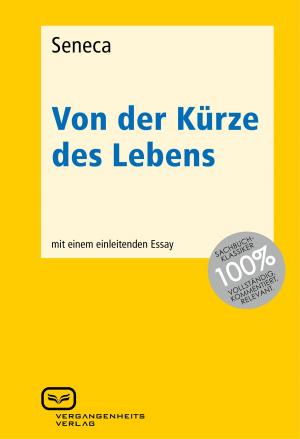| Author: | Ayatullah Muhammad Baqir Al Sadr | ISBN: | 1230002790473 |
| Publisher: | Thematic Approach To Quranic Exegesis | Publication: | November 4, 2018 |
| Imprint: | Language: | English |
| Author: | Ayatullah Muhammad Baqir Al Sadr |
| ISBN: | 1230002790473 |
| Publisher: | Thematic Approach To Quranic Exegesis |
| Publication: | November 4, 2018 |
| Imprint: | |
| Language: | English |
By the 'analytic approach' we mean the approach in which the exegete deals with the Qur'an verse by verse, in accordance with their compiled sequence in the Qur'an. The exegete following this approach, follows the Qur'anic text and expounds it in a piecemeal fashion, utilising those instruments of exegesis that he believes to be effective (such as reliance on literal meanings, traditions, or other verses that have some word or meaning in common with the verse under study)to the extent of his capacity to throw light upon the import of the part being commented upon, while taking into consideration the context in which it occurs.
Naturally, while discussing the analytic approach to tafsir we should examine its most developed and complete form. The analytic method made a gradual historical advance before reaching its present stage, where the complete Qur'an comes under its purview.
This method began during the era of the Sahabah and the Tabi'un, at the level of analytic exposition of some words and verses of the Qur'an. With the passage of time, the need for the exegesis of further verses increased, until by the end of the third and the beginning of the fourth century, it took its final and most extensive form in the works of Ibn Majah, al-Tabari and others.
The aim of the analytic method was to....
By the 'analytic approach' we mean the approach in which the exegete deals with the Qur'an verse by verse, in accordance with their compiled sequence in the Qur'an. The exegete following this approach, follows the Qur'anic text and expounds it in a piecemeal fashion, utilising those instruments of exegesis that he believes to be effective (such as reliance on literal meanings, traditions, or other verses that have some word or meaning in common with the verse under study)to the extent of his capacity to throw light upon the import of the part being commented upon, while taking into consideration the context in which it occurs.
Naturally, while discussing the analytic approach to tafsir we should examine its most developed and complete form. The analytic method made a gradual historical advance before reaching its present stage, where the complete Qur'an comes under its purview.
This method began during the era of the Sahabah and the Tabi'un, at the level of analytic exposition of some words and verses of the Qur'an. With the passage of time, the need for the exegesis of further verses increased, until by the end of the third and the beginning of the fourth century, it took its final and most extensive form in the works of Ibn Majah, al-Tabari and others.
The aim of the analytic method was to....















